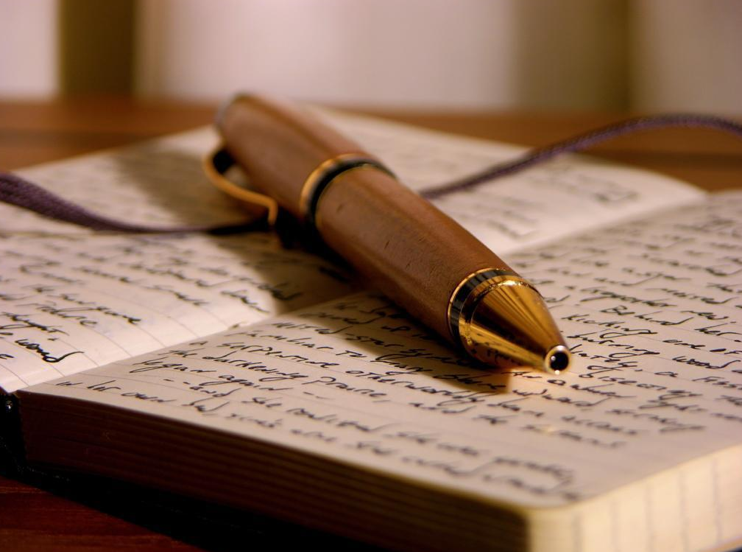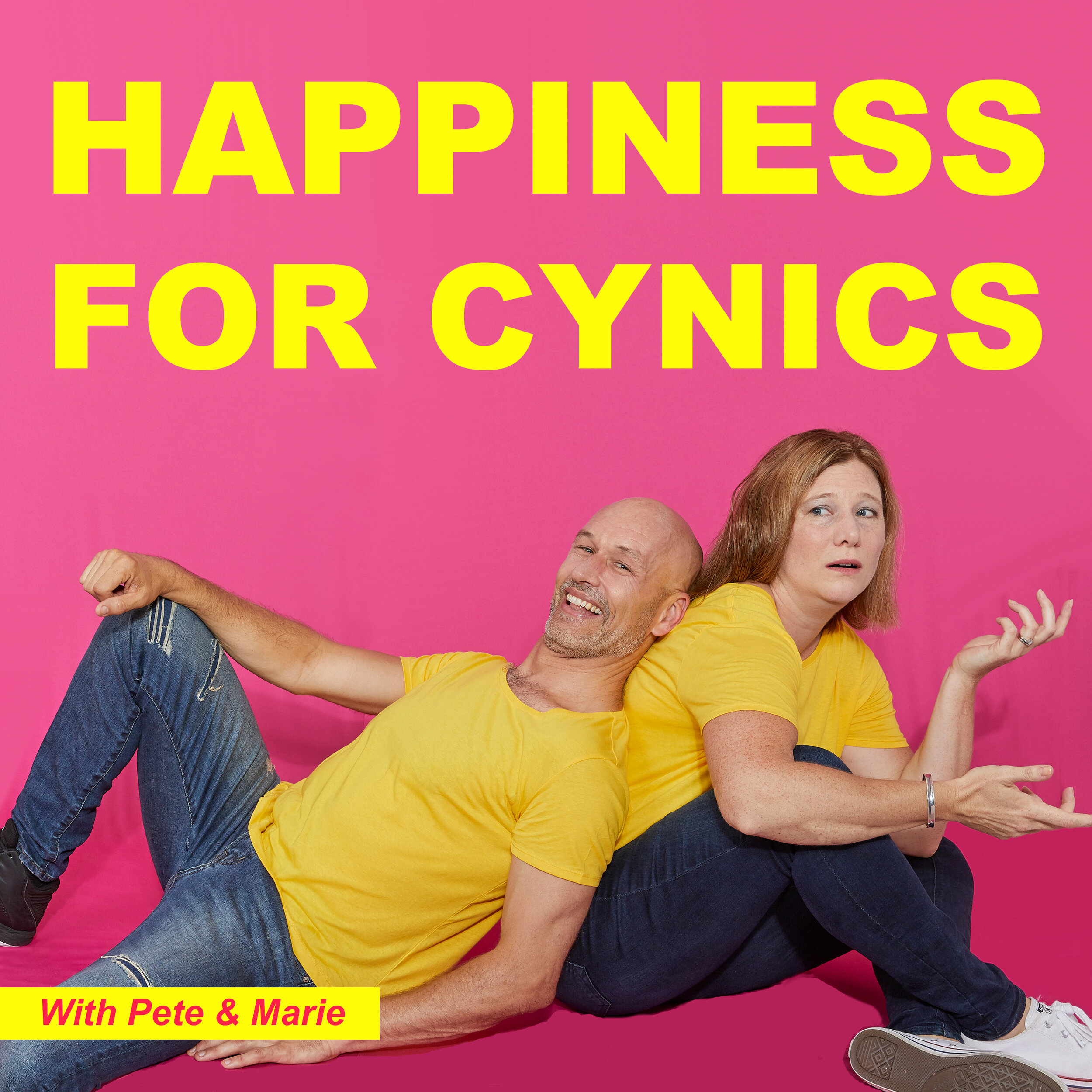Distraction – the novelty or attractiveness of something other than the object of attention.
You’re sitting at your desk, the sun is shining and before you know it, you’ve spent the last 15 minutes looking out the window like a longing puppy dog, wanting, aching and itching to be out in the sunshine. That is until your manager rocks up behind you and asks if that submission is being close to finished. Oops!
There’s also being distracted from your distractions! Small screens may be stopping us from seeing what’s out there and having our perspective drawn outward (rather than inward). There’s much to be said for looking at the people on the street, having the opportunity of a chance encounter or see an acquaintance walking past. Even on public transport there’s a whole world bustling past with people and many of us are ‘distracted’ by our screens rather than what is on the horizon.
There’s always the risk of actually opening up social media and getting lost in the ‘rabbit hole’ of apps and global entertainment. It’s funny how social media has taken our perspective global, allowing us to tap into goings on in other continents with momentary choices and options and yet, possibly at the expense of our immediate surroundings and perspectives. What is happening just outside the window of our café could be more interesting than the ‘dog licking tree frog in Alaska’ we just got tweeted to us via unknown 6th degree connections.
Distraction has many forms and whilst we think of it as existing in mindless activities and meanderings of unfocused people, there are those that qualify distraction in a person’s inability to focus and stay committed to one task. This does not mean the individual is lazy or indulgent, but they have the tendency to be drawn ‘off target’. Some intellectuals qualify multi-tasking as a form of distraction, where ‘the reception of desired information is blocked or diminished’. This is even studied in the concept of interruption science. According to studies, the average worker is constantly changing tasks every 3 minutes and it takes almost 30 minutes to resume focus on an original task once distraction takes hold. In this way multi-tasking in this instance can actually be a distraction from the oriented goal. And the thought of 'staying busy' and being frantic with many tasks to keep momentum, could be just an illusion for not being able to complete a task.
But what is the point of targeting distractions and minimising their impact. At this time of goal setting and establishing new habits and plans, its often in the ‘consistency’ that we end up losing our way. Not achieving our aims and ‘missing that step’ which leads to the fulfilment of our task. Sticking to anything is actually a task of perseverance for many of us, particularly if we are from a particular letter-labelled generation. Consistency builds results. It’s the toughest thing to build, to create that habit forming action that becomes second nature to us as we go about our weekly schedules. Sticking to that time frame and clocking those all important sessions where we are free to creatively think, free to indulge in a 20 minute meditation, free to find the zone in our weekly jog.
There are of course beneficial distractions. Artists take those moments of separation from the immediate to entertain their thoughts of interpretation and contemplate impressions or observations that feed their works. There’s possibly something worthwhile investigating for ourselves. Don’t get me wrong, I’m a device user. Locking myself away from the world at times and pretending I’m not sitting on a bus filled with smelly people fresh from the beach, with smelly armpits and sweaty bodies. But every now and then I find it actually useful to look out at the word and note what actually is happening around me. This distraction is actually quite useful as it helps to serve with opportunity and chance that too often yields exciting but not quite so planned happenings.
Inspiration can come from the oddest sources and thus, that idea of ‘being present’ is important to allow inspiration/opportunity to enter into your subconscious via all avenues (not just the visual). Editing out distractions all together may not actually be the best for these momentary moments of inspiration. They can be most valuable, but also important to understand that like any intoxicating activity, we need to measure our doses and supplement our forms of inspiration.
In conclusion, I wonder at myself at how many various forms of distraction I am ticking off my lis?. Am I consciously using these distractions as platforms for inspiration and action? Or do the daily meanderings of my conscious thought lead me to mind numbing passivity? I guess the choice is up to us. There’s absolutely nothing wrong with daydreaming if it serves you in the positive. I like the below quote as it kind of seems up how you can choose to spend your distraction. Make sure you indulge and it all works for you.
“A daydream is a meal at which images are eaten. Some of us are gourmets, some gourmands, and a good many take their images pre-cooked out of a can and swallow themn down whole, absent-mindedly and with little relish”



